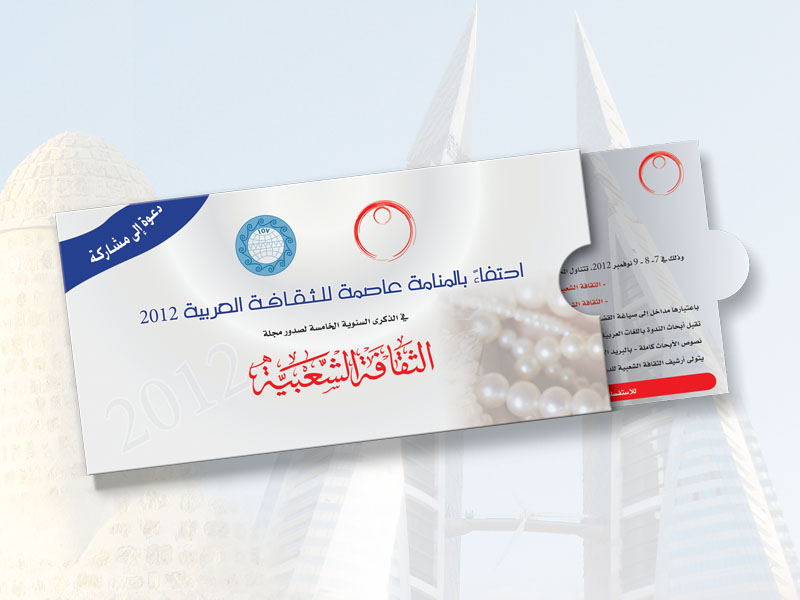Folk Culture and the Challenges of Globalization
Issue 19

The Arab world hosts a large number of conferences, seminars and forums; we read and hear about many such events almost every day. All discuss cultural challenges, attempt to answer the most topical questions, and seek to improve and to keep up with cultural developments, but there have been shortcomings despite the organizers’ eagerness to promote objectivity and transparency.
As we prepare for the international symposium entitled Folk Culture and the Challenges of Globalization, the following questions arise:
Is it possible to organize a world-class specialized seminar or conference in our region, given that pleasantries and formalities are often observed at the expense of objectivity and the achievement of objectives?
Can we avoid upsetting the friends who are not specialized in this topic at the symposium?
Will everyone understand and accept the decision of the specialized academic committee?
A number of questions are raised when one is preparing for a folklore symposium; this is especially true when the symposium is intended to be a significant event in modern folkloric studies, and one that aims to contribute to the celebration of Bahrain as the Arab Capital of Culture 2012.
There is no doubt that the symposium’s positive aspects will outweigh any negatives.
Our major concern is the timing of the symposium, which will be held while the Arab world suffers from painful issues and plots that aim to fragment society.
As with intellectual and artistic creativity, scientific research needs security and stability, clear thinking, and tools for analysis and reasoning to allow the imagination to innovate and create. We expected a limited response to our invitation to participate and present in-depth research studies. This posed a great challenge.
However, we were surprised to receive prompt and geographically dispersed responses to our call for participation. We received positive responses from great scholars, thinkers and researchers from around the world; we received papers that reflect innovation and high academic standards, and that use respected scientific methods and techniques.
This unexpected response presented a real challenge, because we then had to examine the papers very carefully in order to choose the most outstanding.
I must congratulate the academic committee and express my deep appreciation for their work; the members of this committee spent their summer months scrutinizing the papers, biographies and credentials of the nominees in order to arrive at a fair assessment.
The committee’s preliminary findings indicate that the academic standard of the submissions is high. If these standards are combined with professional organization and management, the event should prove a great success. That is the Folk Culture Journal’s goal: to contribute to Arab and world culture; and to add to Bahrain’s great achievements.
May Allah the Almighty grant us success,
folk culture



































































